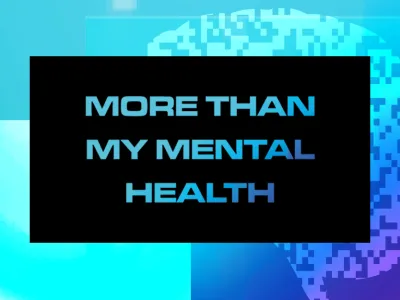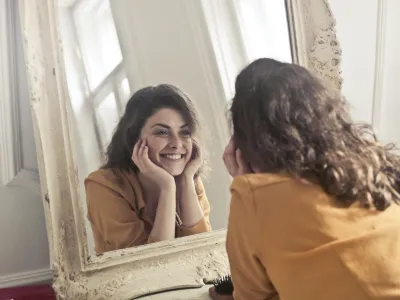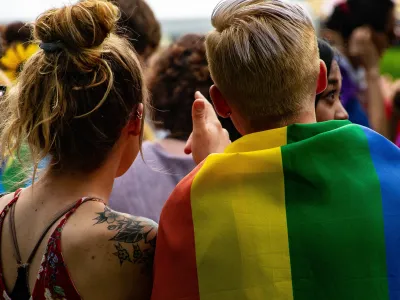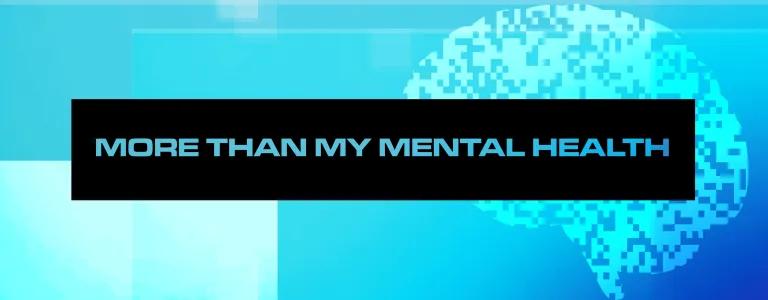
My Journey With PTSD
Include this article in your Skills Builder Journal. It could help you develop...
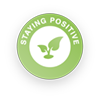
When Ariana Grande’s concert in Manchester was struck by a terrorist attack, the world went into shock. Fans tried to stay strong and Ariana arranged a big benefit concert a month later to bring everyone together and raise funds for those who were affected. The attack had lasting effects on many people who were there, including this NCS Grad, but she’s not letting it define her. She’s here to tell us her story...
In 2017, after the terrorist attack at Manchester Arena, I developed Post Traumatic Stress Disorder (PTSD). PTSD is an anxiety disorder that 1 in 3 people develop after a traumatic experience.
From the day I was diagnosed, my small town began to label me as ‘the girl with the PTSD.’ They didn’t see me anymore; they only saw my diagnosis. To them, I wasn’t the girl from down the street that used to smile on her way to school, or the kid from across the road that used to send a card every Christmas. I was reduced to a diagnosis that I had no control over. And in a way that hurt almost as much as the disorder itself.
When I returned to school I was almost entirely alienated. I don’t know if it was because people didn’t know ‘the right thing to say’ after such a horrific event, if people felt too embarrassed to be seen near ‘the crazy kid’, or if they had the misconception that being mentally unwell automatically made me dangerous to others. Whatever the reason for their avoidance, it left me feeling so alone and hopeless. The conversations I’d overhear about myself made it impossible to concentrate in class, so my grades soon plummeted. Missed work began to stack up. My predicted grades dropped as my teachers began to give up on me. I was all alone with my memories in a room full of silent people, and that was terrifying.
Not everyone in my school was like that though. I had some amazing friends supporting me that I’ll never be able to thank enough. Their small gestures of kindness were the world’s biggest help to me. I remember my first day back at school after the attack; the bell rang, the doors all slammed open against the walls, and the corridors were packed full of students running and shouting. Frozen to the floor, crying, and hyperventilating, I felt a hand slide into mine and heard my best friend whisper “I know this is scary. I’m here for as long as it takes you to feel safe again, I promise.” And she walked me to class, even though she knew it would make her late. This was a routine we continued for weeks, and no matter how many late detentions she got, she never stopped until I felt safe again. I had teachers and classmates offering to send me their notes and PowerPoints to help me catch up on missed work, then being patient with my many confused questions about missed lessons. Their small and selfless acts helped me more than they’ll ever be able to understand.
The support from my family was life-changing too. For months, I would wake up screaming when vivid nightmares had convinced me I was still inside the arena. My siblings took it in turns to sleep on my bedroom floor so that when I woke up I wouldn’t be alone. They couldn’t do anything to take my pain away, but having them with me made it more bearable.
For a long time I believed the things that other people were saying about me, and I felt like I lost my identity. But all of that changed when I connected with a local support group. Although I wouldn’t wish this disorder upon anyone, there is a strange comfort in knowing other people suffer from the same thing as you. Finding out that I wasn’t alone with this, knowing other people had experienced it and had made it through the other side made me feel so much better. Getting professional help from a therapist is something I’d recommend too. Therapy taught me how to tolerate distress in healthy ways, made me less ashamed of my diagnosis, and made me realise that not everyone will be able to see past my disorder- but that says more about them than it does about me.
Now, it’s been three years since the night that changed my life. I’ve been to four concerts with my friends, and we’ve just booked tickets for another. The sudden loud bangs and flashes of fireworks still scare me, but I have made so much progress that I never even believed was possible. It took me longer than I’m willing to admit, but I’ve finally realised that my diagnosis does not define me. I have PTSD, but I’m still just me. I’ve learnt how to tolerate distressing memories by myself, and I’ve learnt to stand up for myself when people are being unkind about my diagnosis. I’d like everyone suffering from PTSD to know that things really do get better, and that you’re so more than your diagnosis.
If you’re having any concerns about suffering from PTSD, loneliness, isolation, low self-esteem or anxiety; you can contact The Mix who offer free information and mental health support to under 25s.


